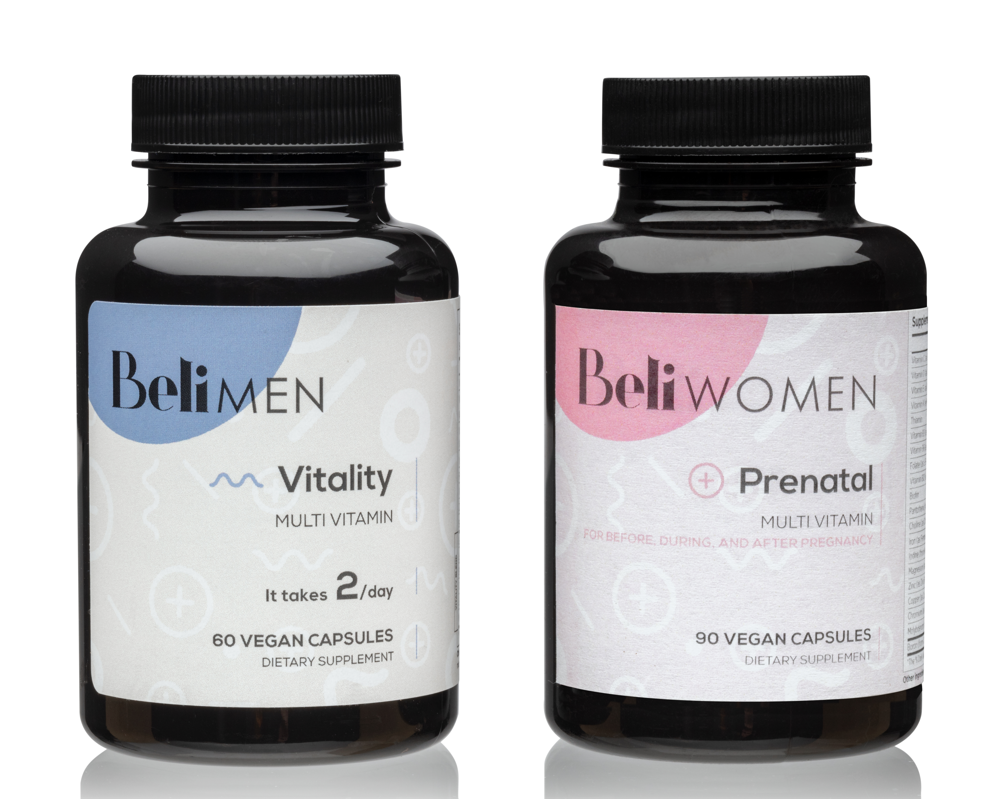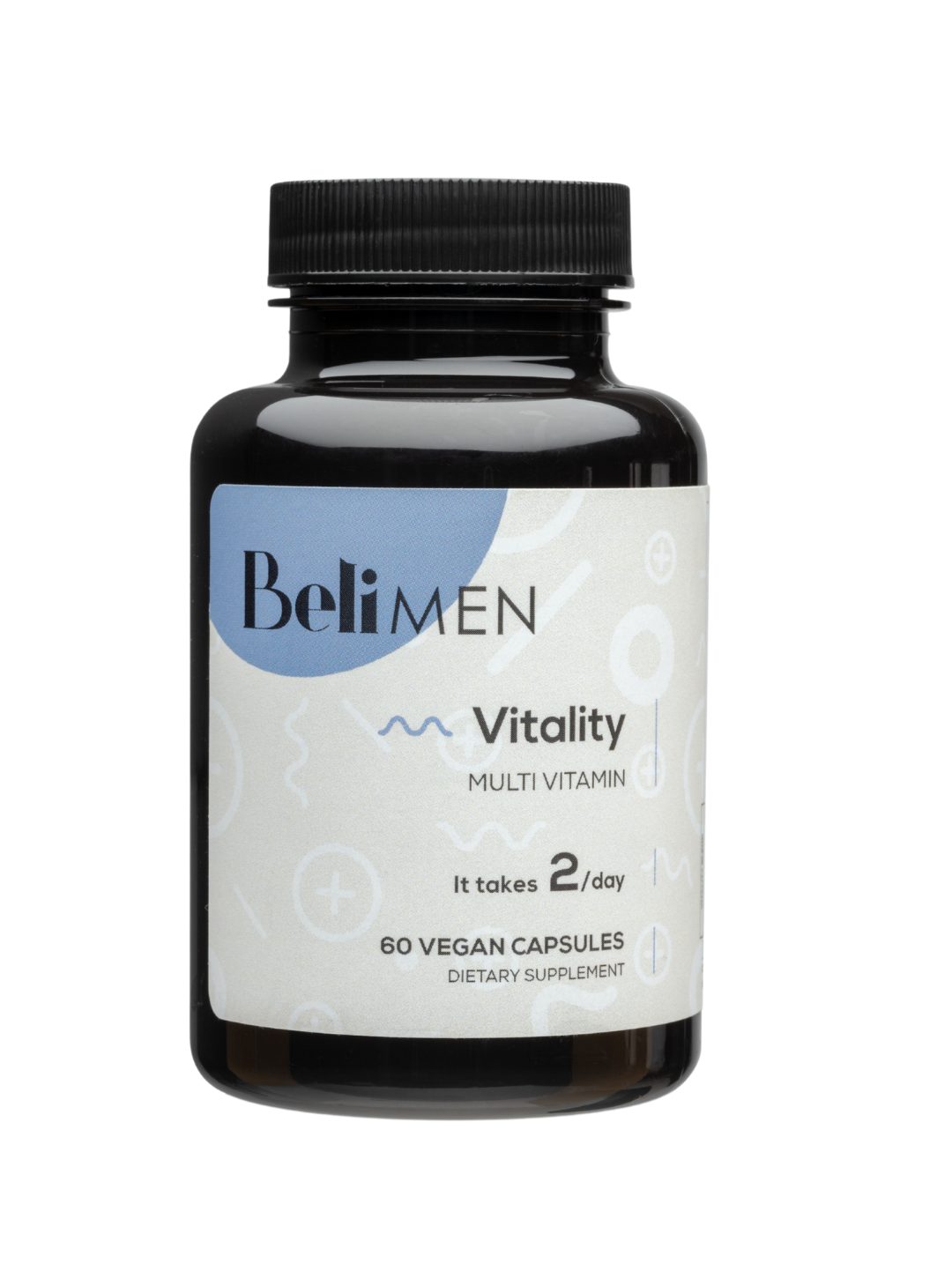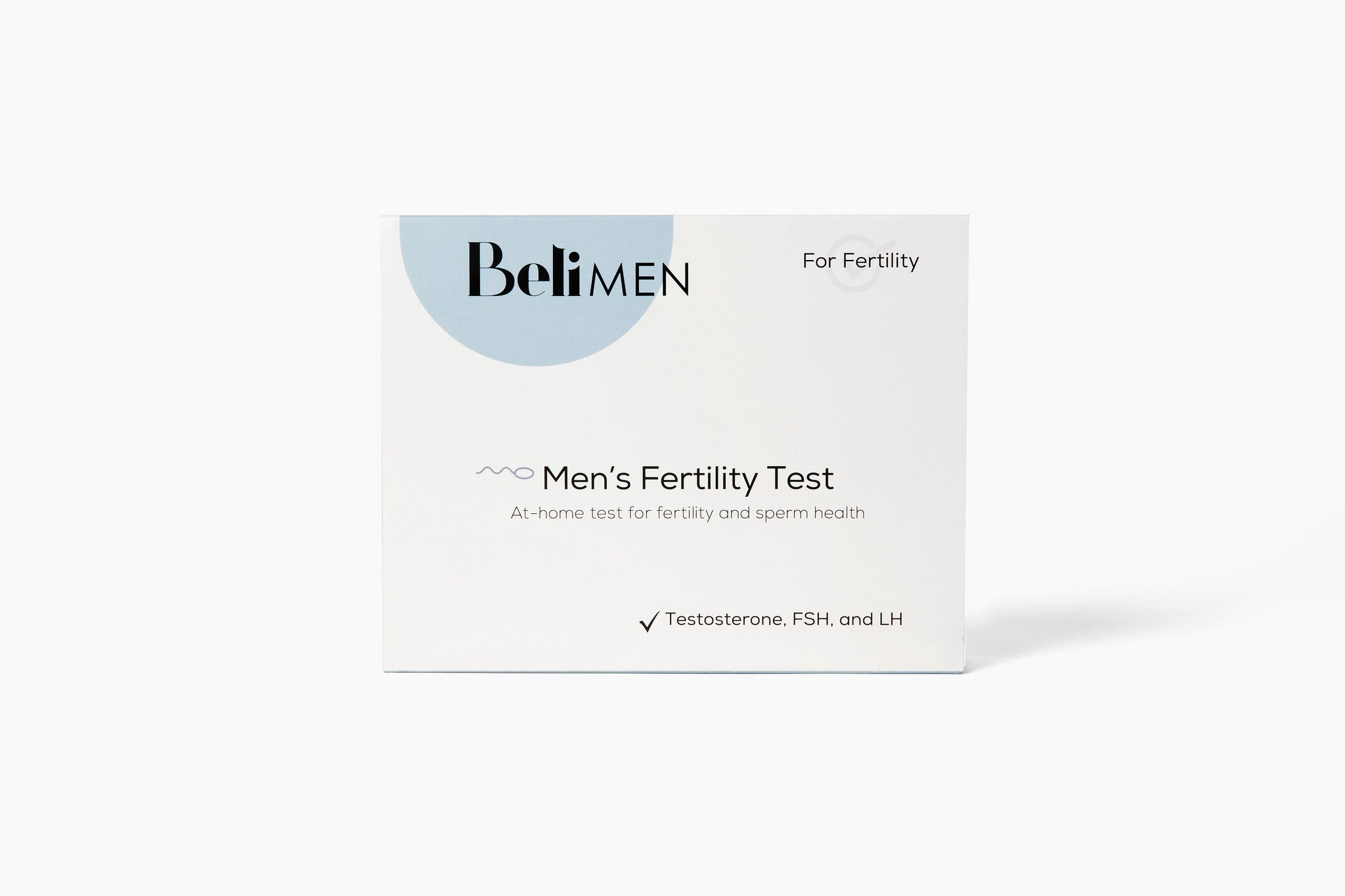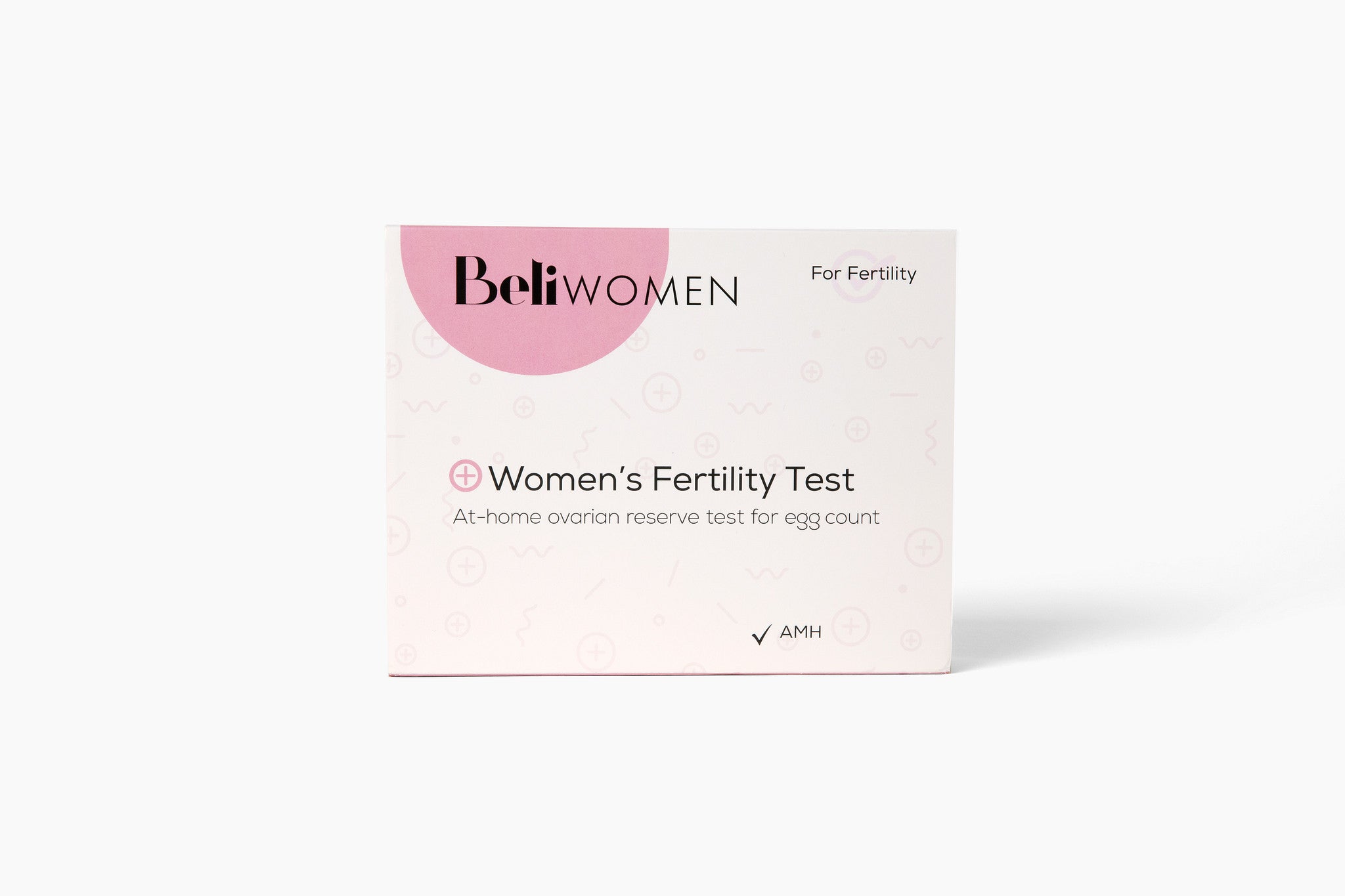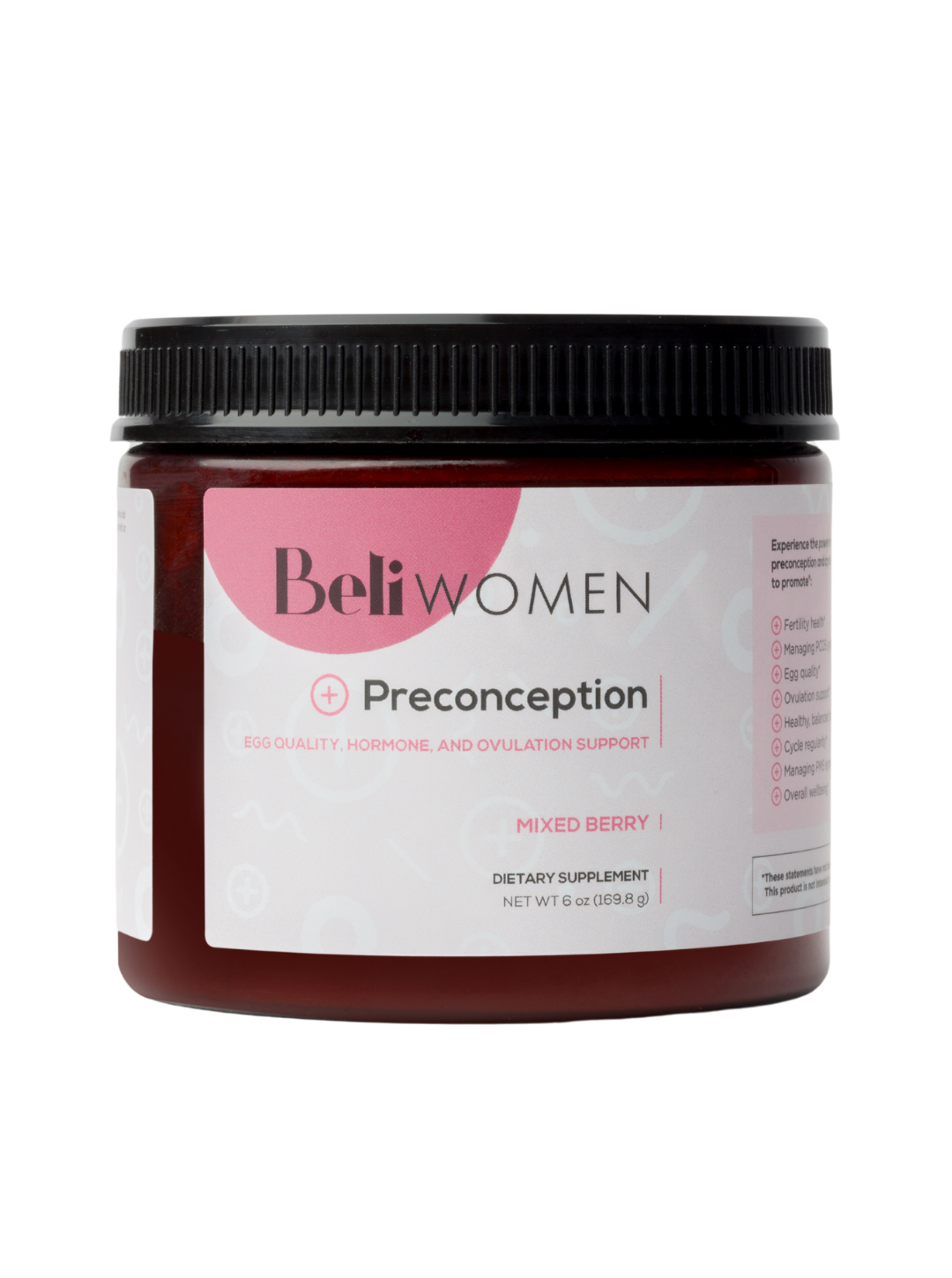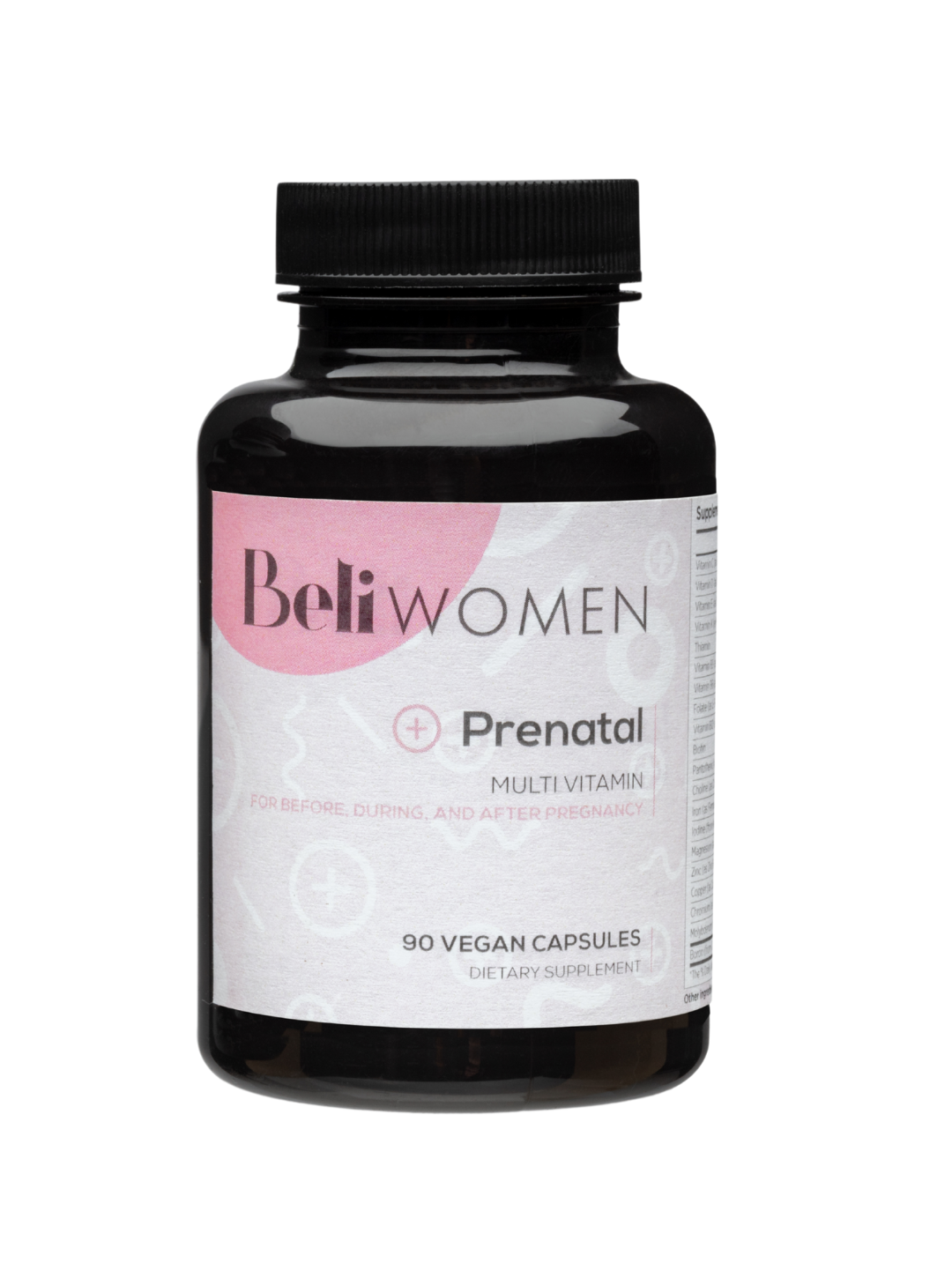In the world of fertility, cortisol—the so-called "stress hormone"—has become a hot topic. Why? Research shows that cortisol plays a complex role in reproductive health for both men and women. While cortisol is essential for responding to stress, chronic elevations can disrupt hormonal balance, hinder ovulation, and even impact sperm quality. According to a study published in Human Reproduction, women with higher levels of cortisol were 29% less likely to conceive during a six-month period. For men, research in the Journal of Endocrinology found that chronic stress led to lower testosterone levels, reduced sperm motility, and abnormal morphology. With fertility challenges affecting nearly 1 in 6 couples worldwide, understanding how cortisol influences reproductive health is crucial for anyone trying to conceive.
But cortisol isn’t inherently bad—it’s vital for survival. The issue arises when stress becomes chronic, and cortisol levels remain persistently elevated, creating a cascade of effects that impair fertility. Let’s explore the science behind cortisol’s role in fertility, why it matters for men and women, and actionable strategies to manage it effectively.
How Cortisol Affects Fertility
In Women
-
Disrupting Ovulation:
Elevated cortisol interferes with the hypothalamus-pituitary-ovarian (HPO) axis, which regulates the release of key reproductive hormones like luteinizing hormone (LH) and follicle-stimulating hormone (FSH). This disruption can delay or prevent ovulation, making conception more difficult. -
Lowering Progesterone Levels:
Progesterone, essential for maintaining pregnancy, can drop when cortisol levels are high. A study in the Journal of Women’s Health found that women with high stress levels had progesterone levels 35% lower than those with moderate or low stress. -
Impacting Egg Quality:
Chronic stress can damage egg quality by increasing oxidative stress, which harms ovarian cells and DNA integrity. Poor egg quality reduces the likelihood of successful fertilization and implantation.
In Men
-
Lower Testosterone Production:
Testosterone, critical for sperm production, is negatively impacted by high cortisol levels. Cortisol suppresses the hypothalamic-pituitary-gonadal (HPG) axis, leading to decreased testosterone synthesis. -
Sperm Quality:
Research shows that men experiencing chronic stress are more likely to have reduced sperm motility (the ability of sperm to swim) and abnormal morphology (shape and structure). A study in Andrology reported that men with high cortisol levels had a 25% reduction in sperm count compared to men with normal cortisol levels. -
Erectile Dysfunction:
Chronic stress and elevated cortisol can lead to vascular issues that impact blood flow, contributing to erectile dysfunction, which directly affects fertility efforts.
Little-Known Facts About Cortisol and Fertility
-
Morning Cortisol Peaks: Cortisol levels naturally peak in the morning and decline throughout the day. However, fertility studies show that disruptions to this rhythm—such as from poor sleep or irregular work hours—can significantly reduce conception rates.
-
Cortisol and Implantation: Research in Fertility and Sterility highlights that high cortisol levels during the luteal phase (the second half of the menstrual cycle) can impair uterine receptivity, reducing the chances of successful implantation.
-
Intergenerational Effects: Studies on epigenetics reveal that chronic stress in men can alter sperm DNA, potentially affecting the health and stress resilience of future offspring.
-
Cortisol and AMH Levels: Anti-Müllerian hormone (AMH), a marker of ovarian reserve, has been negatively correlated with elevated cortisol levels in women, suggesting that chronic stress may impact long-term fertility potential.
Managing Cortisol for Better Fertility
The good news? There are evidence-based strategies to help manage cortisol and improve reproductive health for both men and women. Here’s what the science says:
1. Optimize Nutrition
- Magnesium: Found in leafy greens, nuts, and seeds, magnesium is known to lower cortisol levels. A study in Nutrients found that magnesium supplementation reduced stress-related cortisol spikes by 25%.
- Omega-3 Fatty Acids: Found in fish, flaxseeds, and walnuts, omega-3s help modulate the stress response and support hormonal balance.
- B Vitamins: B-complex vitamins, especially B6, are essential for supporting the adrenal glands and reducing cortisol production.
2. Get Quality Sleep
Sleep deprivation is a major driver of elevated cortisol. Aim for 7–9 hours of restorative sleep each night. Studies show that even one night of poor sleep can increase cortisol levels by up to 45%.
3. Incorporate Gentle Movement
- Exercise: Moderate-intensity workouts like walking, yoga, or swimming help lower cortisol levels without overtaxing the body. Avoid excessive high-intensity exercise, which can spike cortisol further.
- Breathing Exercises: Diaphragmatic breathing has been shown to reduce cortisol levels by 20% after just 10 minutes of practice.
4. Address Underlying Medical Issues
Chronic inflammation, thyroid dysfunction, or insulin resistance can exacerbate cortisol imbalances. Work with a healthcare provider to identify and manage these underlying issues.
5. Prioritize Connection
While "just relax" is unhelpful advice, fostering meaningful relationships can have a measurable impact on stress levels. Oxytocin, the “bonding hormone,” has been shown to counteract cortisol’s effects.
Takeaway
Cortisol isn’t just a stress hormone it’s a critical piece of the fertility puzzle for both men and women. Understanding how it impacts your body—and taking steps to manage it—can significantly improve your chances of conception. By optimizing nutrition, sleep, exercise, and emotional well-being, you can lower cortisol levels and support a healthier reproductive system. Remember, fertility is a multifaceted journey, and addressing stress is just one part of the equation.
Looking for a fertility supplement that supports hormonal balance and overall health? Check out Beli for Men and Women—designed to give your body the nutrients it needs during every step of your fertility journey.



